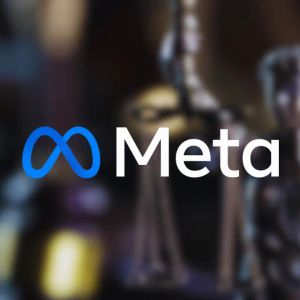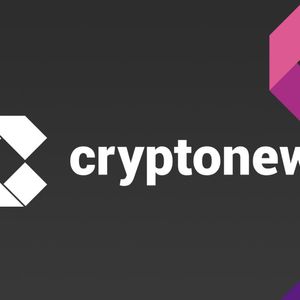Social media giant Meta is set to contest a decision by the European Commission to classify two of Facebook’s popular features – Messenger and Marketplace as “core platform services” under the EU’s recently implemented Digital Markets Act (DMA). In its defence, Meta says that the Commission overstepped by subjecting the two features to the new Act’s stringent rules that impose some specific obligations on large tech companies to enhance competition. Meta maintains that EU regulators misapplied the law According to Wall Street Journal, the hearing is set for the EU bloc’s second highest judicial body, that is the General Court, and this will serve as the first formal test of how the newly implemented law applies to integrated social-networking systems. Meta’s legal team argues that Messenger and Marketplace cannot be subjected under the DMA as they are standalone platforms that can be treated as separate core services as they are merely extensions of the popular Facebook broader social network. The social media giant also maintains that the EU’s digital regulators misapplied the Act, adding that the criteria used to define a core platform service, like numbers, revenue threshold as well as the ability to act as a gatekeeper, do not tally with the way that these two features operate within Facebook’s unified environment. Meta risks facing a host of restrictions if the General Court upholds the Commission’s decision. These will include, but not limited to, requirements to allow third-party interoperability, refrain from self-preferencing its own services, as well as provide greater data portability. Meta’s legal move comes on the backdrop of increasing frustrations with European tech regulation. The social networking firm has constantly criticised the EU’s approach as too rigid, especially its recent rules on AI, which Meta says have delayed the introduction of its AI chatbot and generative image tools to its European market. In a strategic gambit, Meta executives have publicly urged the US government to intervene on behalf of American technology firms, arguing that cumulative EU fines, totalling over $30 billion across two decades, amount to a form of digital tariff that undermines US innovation. Meta CEO Mark Zuckerberg, in a high-profile podcast interview , suggested that a more assertive US policy stance could help counterbalance what he sees as disproportionate penalties levied by EU authorities. Meta’s case will redefine how digital markets should be regulated This case thus represents more than a narrow dispute over Facebook features – it underscores a broader transatlantic contest over how digital markets should be governed. The outcome will not only determine the immediate fate of Messenger and Marketplace but could also set a precedent for the scope of the DMA itself, influencing how the EU and other jurisdictions regulate the tech giants of Silicon Valley. Earlier this year, on January 29, Meta filed an appeal against a €797.7 million penalty (about $840 million) imposed by the EU for integrating Facebook Marketplace into its main app. The Commission had concluded that this integration gave Marketplace an unfair advantage over independent online classified services, allowing Facebook to leverage its two billion-plus user base to funnel traffic to its own listings. Regulators argued that Facebook’s approach forced users onto Marketplace whether they wanted to use it or not and also imposed unfair trading conditions on rival ad services that advertised on Facebook or Instagram. The fine capped a two-year probe launched in 2022, during which Brussels accused Meta of abusing its dominant position in online classifieds. The Commission found that Facebook’s ‘bundling’ of Marketplace effectively distorted competition to the detriment of smaller, standalone classified platforms. In launching the appeal, Meta reportedly signalled its broader intent to push back against what it sees as regulatory overreach and to clean its argument that innovation, rather than punitive sanctions, should guide the evolution of digital services. The General Court’s decision on this appeal, expected later this year, will be closely watched as an indicator of how vigorously EU antitrust law will be enforced against Big Tech moving forward. Cryptopolitan Academy: Coming Soon - A New Way to Earn Passive Income with DeFi in 2025. Learn More


















